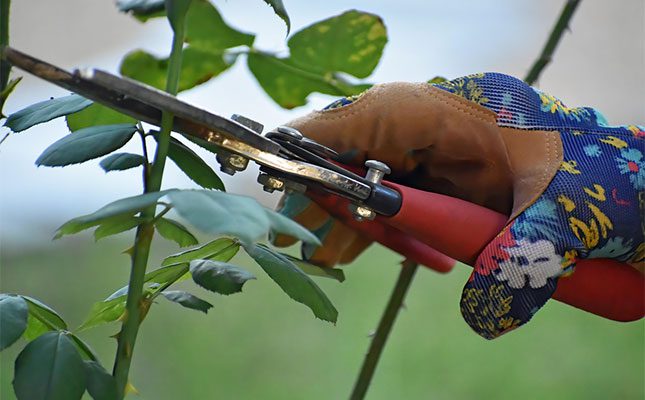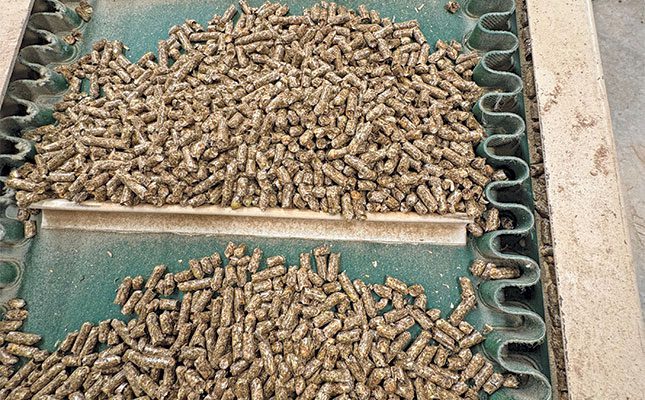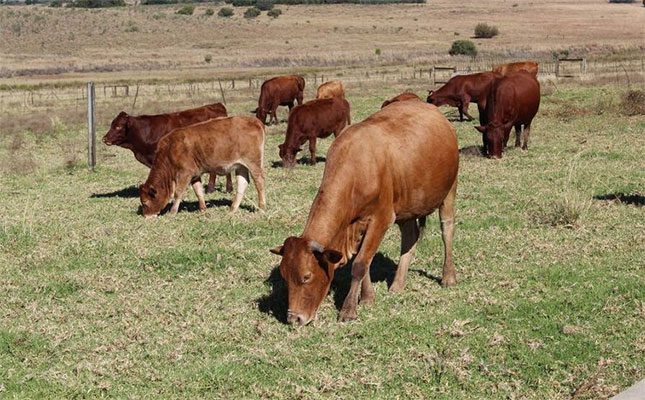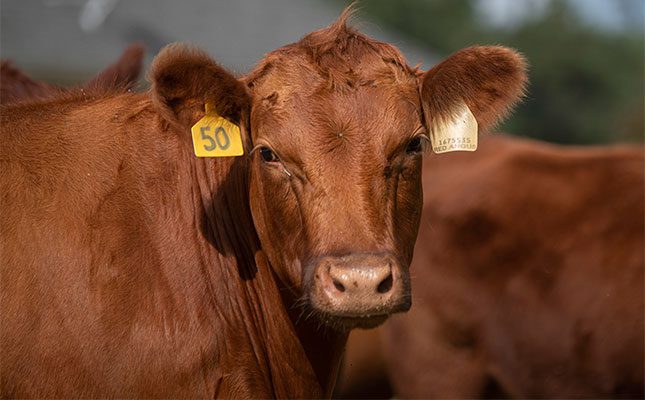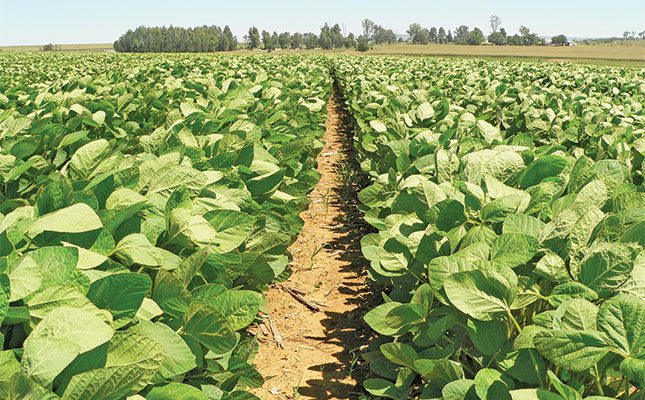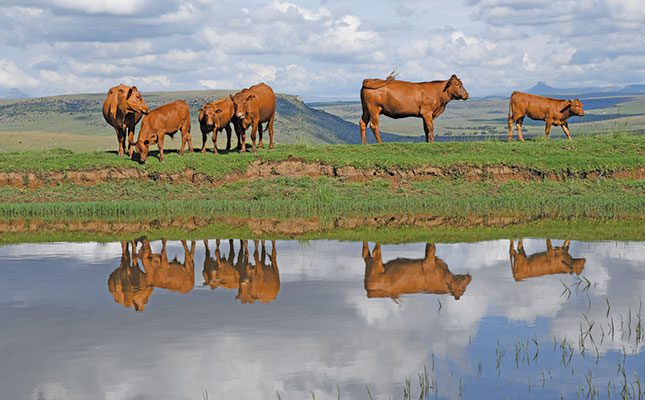
Bonsmara SA consistently receives enquiries from emerging farmers who want to start cattle farming operations, asking about the best way to go about this.
There is a misconception among some farmers that anyone can become an instant stud farmer, or that a person can become a successful farmer by reducing costs and cutting corners.
Unfortunately, these approaches to farming will only lead to heartache and future financial losses. The adage ‘you must learn to crawl before you can walk, and learn to walk before you can run’ is very true when it comes to farming.
Aspiring farmers must remember that the foundation they set up when starting out is
crucial for long-term success. If you start with an unstable foundation, sooner or later your investment in cattle is going to come crashing to the ground, and could ultimately ruin you financially.
Buying young calves
One of the most common questions Bonsmara SA is asked is about acquiring young calves. Some farmers are under the misapprehension that buying calves between the ages of one and three months is cheaper than buying older calves or cattle. This could not be further from the truth.
The average recommended weaning age for beef cattle is around seven months. The reason for this is that it provides the cow with enough time to ensure that the calf receives the most important nutrients during its development stages.
Calves that are weaned earlier than seven months often have not received the essential care that only their mothers can provide, and these calves often never reach their full genetic potential. So, while in the short term it may be cheaper to buy a young calf, over the long term, your return on investment will be significantly reduced.
Aspiring farmers must also remember that heifers only reach sexual maturity from 12 months of age. Due to environmental factors, this is different for each heifer, and the prime mating age for heifers is actually only between 20 and 24 months old.
Essentially, this means that while you can buy a very young heifer calf at a ‘cheap’ price, you will need to take care of that animal for around two years before she becomes productive.
Remember that by buying very young calves, you are buying animals that need special care during their developmental age. You will also have an animal grazing or feeding without reproducing for at least two years, which means that the animal will not be generating any income for you during that time.
It is also impossible to tell if a young calf will ever be productive and efficient, while an older animal may already have a proven track record.
Stud breeding: a long-term venture
Another common question Bonsmara SA is frequently asked is how someone can become an ‘instant’ stud breeder. The short answer: they can’t.
Stud breeding is the cattle-farming equivalent of precision crop farming. Any successful stud breeder will tell you that they started as a small-scale commercial farmer, made many errors along the way, and only after developing and running a successful commercial cattle herd were they able to take the next step and begin performance testing their animals.
So, be careful to throw yourself into the deep end from the start. Almost all success stories in any business begin by starting from the bottom and working to the top, step by step. Cattle breeding is a long-term objective, so the stronger the foundation, the better the results will be.
Ask the difficult questions
With all the above in mind, consider the following questions when starting your farming operation and buying in cattle:
- What is the objective of your herd? Answer this question for the short and long terms.
Is there an easily accessible marketing your area? This is a very important consideration, because no business can achieve success without an accessible market. - Does your farm have potential? What is your climate like? What is the grazing potential of your land? What is your water supply like?
- Have you calculated the risks in the area where you plan to farm? For example, is the risk of livestock theft too big to consider cattle farming?
- What is the disease burden of your area? You must be able to overcome challenges in terms of the health of your animals. Are there specific diseases in your area, such as redwater or heartwater, which need specific attention?
- What infrastructure do you have available? The minimum requirement is a handling facility where animals can be handled and worked with to ensure they can be dosed, and so forth.
- Do you have an alternative plan for feeding your animals in times of drought and long winters when natural grazing is scarce?
- Do you know what mineral deficiencies are in the soil that needs to be corrected
with licks or supplements?
Purchasing your first animals
When buying your first animals, particularly female animals, consider the following:
Do not buy the first and cheapest animals you see.
Do market research and be sure that you know what the latest prices are for the different categories, such as open heifers, in-calf heifers, 3-in-1 cows, and so forth.
Buy sexually mature animals. Better yet, buy young cows that have already proven themselves to be fertile and good mothers.
Only buy animals from reputable breeders. Buying good-quality commercial animals from either commercial or stud breeders will set the foundation for the future of your herd. As mentioned before, a good foundation is critical for long-term success.
Do not buy any animals without certified veterinary certificates showing they are clear of any venereal diseases. If the animals are said to be in calf, make sure you get pregnancy certificates that confirm this.
Make sure that you know what possible diseases might be in the area that you are buying animals from and how these differ from those in your own area. You may have to inoculate the animals you buy in against diseases specific to your farm.
Buy animals that you like. Do not buy animals that are not your preference in terms of breed, type or conformation. If you don’t like the animals when you buy them, you won’t be satisfied with their future progeny.
These are all guidelines that can help you as a prospective cattle breeder. Ensure that you buy animals that will not only be productive but will also add value to your herd and farming enterprise over the short and long terms.
Visit bonsmara.co.za.

